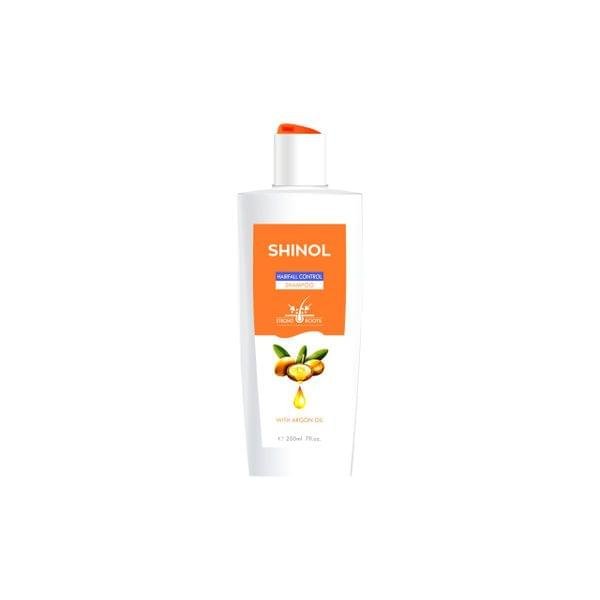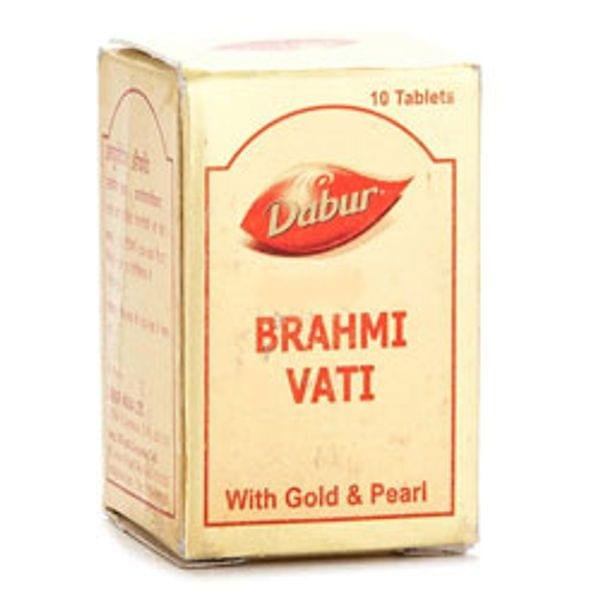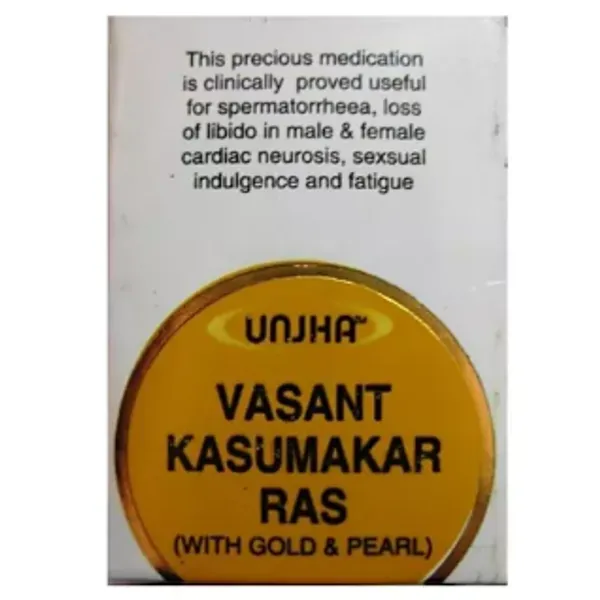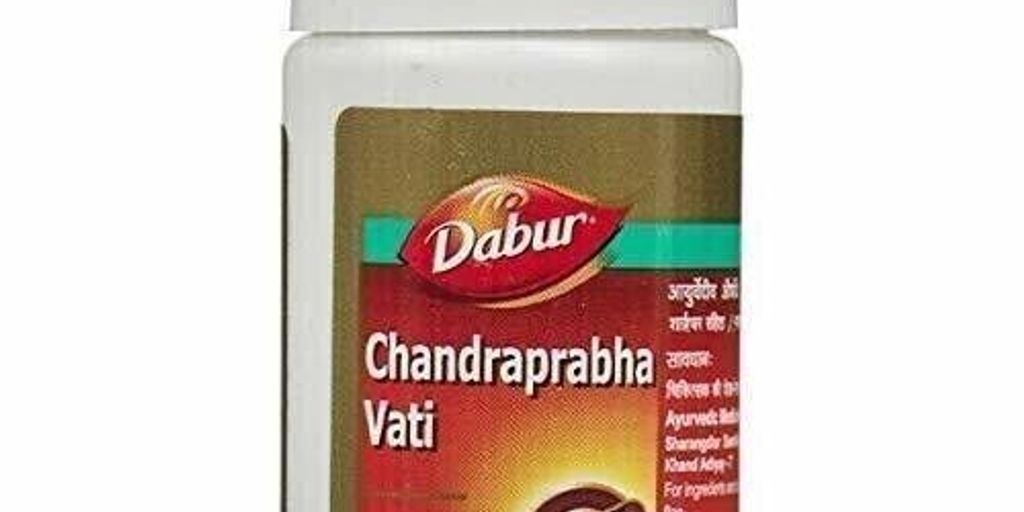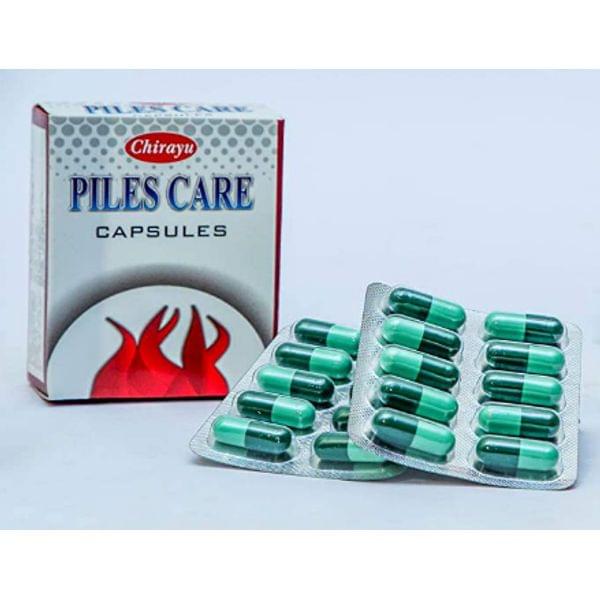Protein powders are a popular supplement for those looking to build strength naturally. Understanding the different types of protein powders, their benefits, and how to choose the right one is essential for maximizing their effectiveness. In this guide, we will explore the key aspects of protein powders and how to incorporate them into your diet to achieve your fitness goals.
Key Takeaways
- Choose a protein powder that aligns with your dietary preferences and fitness goals.
- Experiment with protein powder recipes to find delicious and nutritious ways to incorporate them into your meals.
- Timing your protein consumption around workouts can enhance muscle recovery and growth.
- Don’t rely solely on protein powders; whole foods are essential for a balanced diet and overall health.
- Stay informed and separate fact from fiction when it comes to common myths surrounding protein powders.
Understanding Protein Powders
Types of Protein Powders
Protein powders come in various forms, each with unique properties and benefits. Whey protein, derived from milk, is one of the most popular due to its high biological value and fast absorption rate, making it ideal for post-workout recovery. Casein protein, also from milk, digests more slowly, providing a steady release of amino acids over time.
Plant-based options, such as soy, pea, and rice protein, cater to vegetarians, vegans, and those with lactose intolerance. These alternatives offer a comprehensive amino acid profile and are environmentally friendly choices. Blended protein powders combine multiple sources to deliver a balanced amino acid profile and can cater to specific dietary needs or preferences.
While each type of protein powder has its merits, it’s essential to consider your dietary restrictions, goals, and taste preferences when making a choice.
For those looking to gain weight, products like Endura Mass Powder can be particularly beneficial. It is a comprehensive solution that not only provides high protein content but also includes carbohydrates, vitamins, and minerals to support muscle growth, energy levels, and overall well-being.
Benefits of Protein Powders
Protein powders offer a range of benefits that cater to various dietary needs and fitness goals. Convenience is one of the primary advantages, as they provide a quick and easy way to increase your protein intake, especially for those with a busy lifestyle.
- Muscle growth: Protein powders are a popular supplement among athletes and bodybuilders for their role in muscle synthesis.
- Weight management: They can help in controlling appetite and maintaining a lean body mass.
- Recovery: After exercise, protein powders can aid in muscle repair and reduce recovery time.
Protein powders are not just for athletes; they can be a beneficial addition to virtually any diet.
While protein powders are a concentrated source of protein, it’s important to balance their use with whole foods to ensure a varied nutrient intake. Over-reliance on protein powders can lead to nutritional imbalances and should be avoided.
How to Choose the Right Protein Powder
Choosing the right protein powder can be a daunting task given the plethora of options available. It’s essential to consider your dietary needs, fitness goals, and any food sensitivities or allergies you may have. Identify your primary objective, whether it’s muscle gain, weight loss, or meal supplementation, to narrow down your choices.
When examining protein powders, pay attention to the ingredient list and nutritional profile. A simple guide to follow is:
- Look for a protein source that aligns with your dietary preferences (e.g., whey, casein, soy, pea, hemp).
- Check for any added sugars, artificial sweeteners, or fillers that you may want to avoid.
- Consider the protein content per serving and how it fits into your daily dietary needs.
Remember, not all protein powders are created equal. Some may contain additional supplements like energy-boosting capsules or Ayurvedic medicines for health benefits, which could be beneficial or unnecessary depending on your situation.
Lastly, taste and mixability are practical aspects that shouldn’t be overlooked. You’ll be more likely to consistently use a protein powder that you enjoy consuming and that blends well with your preferred liquids or recipes.
Incorporating Protein Powders into Your Diet
Protein Powder Recipes
While protein shakes are a convenient way to consume your daily dose of protein, there are numerous other ways to incorporate protein powder into your diet. Experimenting with protein powder recipes can add variety and enjoyment to your nutritional regimen. For instance, you can start your day with a high-protein breakfast such as Walnut Banana Protein Pancakes or Protein Overnight Oats.
Protein powders are incredibly versatile and can be used in a multitude of recipes beyond shakes. Here are a few ideas to get you started:
- Protein Waffles
- No-Bake Nut Butter Protein Bars
- High-Protein Energy Bites
Remember, the key to successfully incorporating protein powder into recipes is to ensure that it complements the other ingredients without overpowering them.
When exploring these recipes, it’s important to consider the flavor profile of your protein powder and how it will blend with the other components of your dish. This will help you create meals that are not only nutritious but also delicious.
Protein Shakes vs. Whole Foods
When considering protein supplementation, a common dilemma is choosing between protein shakes and whole foods. Protein shakes offer convenience and precise nutrient control, which is particularly beneficial for those with a busy lifestyle or specific dietary goals. However, it’s essential to recognize the additional nutrients that whole foods provide, such as fiber, vitamins, and minerals, which are not always present in protein shakes.
Whole foods should form the foundation of your diet for overall health, but protein shakes can be an effective tool to ensure you meet your protein requirements, especially post-workout or when whole food options are not readily available. Here’s a quick comparison:
- Whole Foods: Rich in a variety of nutrients, promote satiety, require preparation and cooking time.
- Protein Shakes: Convenient, easy to consume on-the-go, may lack some nutrients found in whole foods.
While protein shakes can help you reach your protein targets, they should not completely replace whole foods in your diet. Balance is key to a healthy eating plan.
Protein Powder Dosage
Determining the correct dosage of protein powder is crucial for maximizing muscle repair and growth. The amount of protein you need can vary based on factors such as age, sex, weight, and level of physical activity. For most adults, a general guideline is to consume 0.8 grams of protein per kilogram of body weight per day. However, athletes or those looking to build muscle may require more.
Protein powders can help individuals meet their daily protein requirements, especially when whole food sources are not sufficient or convenient. It’s important to note that excessive intake of protein can lead to unnecessary calorie consumption and potential strain on the kidneys.
Remember, while protein powders are a convenient supplement, they should not replace whole foods entirely. Balance is key.
Here is a simple table to help you estimate your daily protein needs based on activity level:
| Activity Level | Protein (g/kg of body weight) |
|---|---|
| Sedentary | 0.8 |
| Moderate | 1.2 |
| Active | 1.4-1.8 |
Always consult with a healthcare professional or a registered dietitian to tailor your protein intake to your specific needs and health goals.
Maximizing the Benefits of Protein Powders
Timing of Protein Consumption
Understanding the optimal timing for protein consumption can significantly enhance muscle recovery and growth. Post-workout is often considered the most critical time to consume protein, as this is when your muscles are most receptive to nutrient uptake. A common guideline is to ingest protein within a 30-minute window after exercising.
However, protein intake shouldn’t be limited to post-workout. It’s also beneficial to include protein in your meals throughout the day to ensure a steady supply of amino acids to your muscles. Here’s a simple breakdown of suggested protein intake timing:
- Morning: Kickstart your day with a protein-rich breakfast.
- Pre-workout: Consume a small amount of protein to prepare your muscles for exercise.
- Post-workout: Take advantage of the anabolic window by having a protein shake or meal.
- Evening: A protein source before bed can aid in overnight muscle repair.
While the emphasis is often on post-workout protein, it’s the consistent, daily intake that truly builds strength over time. Remember, the goal is to maintain a balanced diet with adequate protein to support your fitness objectives.
For those looking to supplement their diet, products like MedDrop can be a convenient option. They offer a variety of weight gain products, which can be particularly useful for individuals aiming to bulk up or maintain a healthy weight. The convenience of an online shopping platform makes it easy to start your weight gain journey.
Combining Protein Powders with Exercise
Integrating protein powders into your exercise routine can significantly enhance muscle recovery and growth. Post-workout protein consumption is crucial as it provides the necessary building blocks for muscle repair. When combined with resistance training, protein powders can help in achieving better strength and muscle mass gains.
Timing is everything when it comes to protein intake and exercise. Consuming protein shortly after a workout can maximize the body’s ability to utilize amino acids for muscle synthesis. Here’s a simple guideline to follow:
- Immediately post-workout: Consume a protein shake to kickstart recovery.
- Within 2 hours post-workout: Have a protein-rich meal to sustain amino acid delivery to muscles.
Remember, while protein powders offer convenience, they should not replace whole food sources entirely. Balance is key in a healthy diet.
Additionally, it’s perfectly fine to mix whey protein powder with milk after a workout. This combination not only enhances the taste but also adds additional nutrients that are beneficial for recovery.
Protein Powder Myths Debunked
While protein powders are a popular supplement in fitness circles, there are numerous myths that can lead to confusion. One common misconception is that protein powders are a magic solution for muscle gain. In reality, they are a supplement to a balanced diet and exercise routine.
Another myth is that all protein powders are created equal. The truth is, the quality and source of the protein can vary greatly. For instance, whey protein is known for its high biological value and rapid absorption, making it a favorite among athletes.
It’s also important to address the myth that protein powders are only for bodybuilders or elite athletes. In fact, they can be beneficial for anyone looking to increase their protein intake, especially those with higher protein needs due to an active lifestyle or certain health conditions.
To help clarify these points, here’s a list of common myths and the truths behind them:
- Myth: Protein powders will cause unnatural muscle growth.
Truth: Muscle growth requires a combination of resistance training and adequate nutrition. - Myth: Protein powders are unnecessary if you eat enough protein-rich foods.
Truth: Supplements can help fill gaps in a diet, but should not replace whole foods. - Myth: High protein intake is harmful to the kidneys.
Truth: For healthy individuals, a high protein diet is not linked to kidney damage.
Conclusion
In conclusion, protein powders are a convenient and effective way to supplement your diet and support your fitness goals. Whether you are looking to build muscle, recover from workouts, or simply increase your protein intake, protein powders can be a valuable addition to your routine. With a wide variety of options available, it’s important to choose a high-quality product that aligns with your dietary preferences and fitness needs. Remember to consult with a healthcare professional or nutritionist before making any significant changes to your diet. Embrace the power of protein powders and take your strength-building journey to the next level naturally!
Frequently Asked Questions
What are the different types of protein powders available?
Common types of protein powders include whey, casein, soy, pea, and hemp protein.
What are the benefits of using protein powders?
Protein powders can help with muscle building, weight management, and recovery after exercise.
How can I choose the right protein powder for my needs?
Consider factors like your fitness goals, dietary restrictions, and taste preferences when selecting a protein powder.
What are some protein powder recipes I can try?
You can use protein powder in smoothies, protein pancakes, protein bars, and energy balls.
Are protein shakes a suitable replacement for whole foods?
Protein shakes can be a convenient way to boost your protein intake, but whole foods should still be a part of a balanced diet.
How much protein powder should I consume per day?
The recommended dosage of protein powder varies based on individual factors like activity level and goals, but a general guideline is 1-2 scoops per day.



